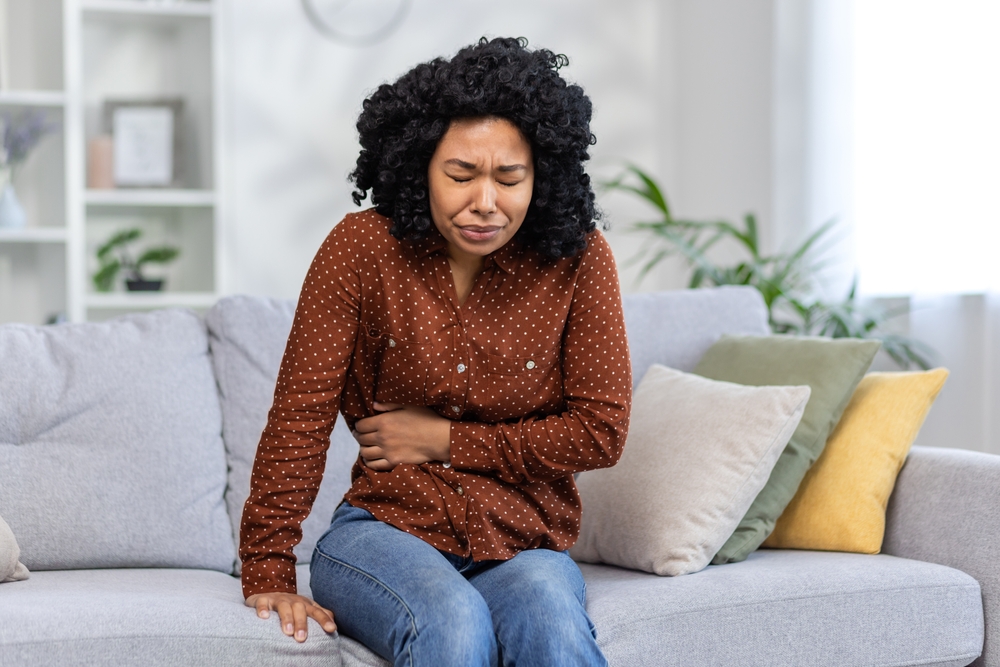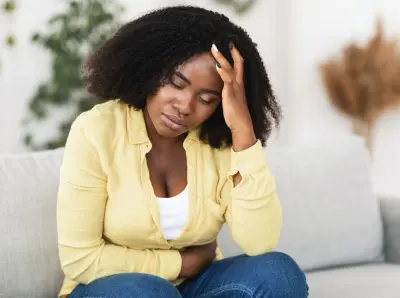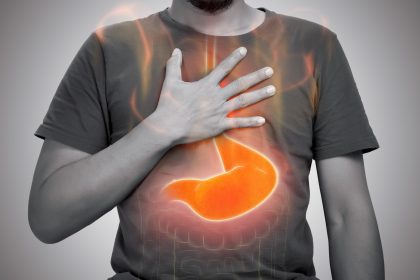As women age, their bodies go through a series of changes — many of which are natural parts of the aging process. One of the significant changes that occur in middle-aged women is related to their menstrual cycle. For many, this period of life can bring about heavier menstrual bleeding, which can be both physically and emotionally taxing. Understanding what a heavy period means for middle-aged women is essential for managing health and maintaining quality of life. In this article, we will explore the causes, implications and management strategies for heavy periods during middle age.
Causes of heavy periods in middle-aged women
Heavy menstrual bleeding — also known as menorrhagia — can be caused by various factors. It is crucial to identify the underlying causes to address the issue effectively.
Hormonal imbalances
Hormonal changes are a common cause of heavy periods in middle-aged women. As women approach menopause, the levels of estrogen and progesterone can fluctuate dramatically. These hormonal imbalances can lead to the thickening of the uterine lining, which in turn causes heavier bleeding during menstruation.
Uterine fibroids and polyps
Noncancerous growths in the uterus, such as fibroids and polyps, can also contribute to heavy menstrual bleeding. Fibroids are benign tumors that develop within the uterine wall, while polyps are small growths on the inner lining of the uterus. Both conditions can cause increased menstrual flow and prolonged periods.
Endometrial hyperplasia
Endometrial hyperplasia is a condition where the lining of the uterus becomes excessively thick due to an overgrowth of cells. This condition is often linked to hormonal imbalances and can result in heavy, irregular menstrual bleeding.
Health implications of heavy periods
Experiencing heavy periods can have several health implications for middle-aged women. It is essential to recognize these implications to seek appropriate medical care and support.
Anemia
One of the most common complications of heavy menstrual bleeding is anemia. Anemia occurs when there is a significant loss of red blood cells due to excessive bleeding. Symptoms of anemia include fatigue, weakness and shortness of breath. Chronic anemia can impact overall health and well-being, making it crucial to address heavy menstrual bleeding promptly.
Impact on quality of life
Heavy periods can significantly affect a woman’s quality of life. The physical discomfort, along with the emotional and psychological stress, can interfere with daily activities, work, and social interactions. Managing heavy periods effectively is essential for maintaining a good quality of life.
Managing heavy periods
There are several strategies and treatments available to manage heavy menstrual bleeding in middle-aged women. These approaches can help reduce the severity of symptoms and improve overall health.
Medical treatments
Medical treatments for heavy periods often involve hormonal therapies to regulate the menstrual cycle. These treatments include:
- Oral contraceptives: Birth control pills can help regulate hormonal levels and reduce menstrual bleeding.
- Progesterone therapy: Progesterone supplements can help balance hormones and reduce the thickness of the uterine lining.
- Hormonal IUDs: Intrauterine devices that release progestin can help reduce menstrual bleeding.
Surgical options
In some cases, surgical interventions may be necessary to manage heavy periods. These options include:
- Endometrial ablation: A procedure that removes the lining of the uterus to reduce menstrual flow.
- Myomectomy: Surgical removal of fibroids to reduce bleeding.
- Hysterectomy: Removal of the uterus, which is considered a last resort for severe cases of menorrhagia.
Lifestyle and home remedies
In addition to medical treatments, there are lifestyle changes and home remedies that can help manage heavy periods. These include:
- Diet and nutrition: Eating a balanced diet rich in iron and vitamins can help prevent anemia and support overall health.
- Exercise: Regular physical activity can help regulate hormones and reduce menstrual symptoms.
- Stress management: Techniques such as yoga, meditation and deep breathing can help manage stress, which can impact menstrual health.
When to seek medical help
It is essential for middle-aged women experiencing heavy periods to know when to seek medical help. Some signs that indicate the need for professional medical evaluation include:
- Severe pain: Intense menstrual cramps that interfere with daily activities.
- Excessive bleeding: Bleeding that requires changing sanitary products every hour or lasts longer than a week.
- Symptoms of anemia: Persistent fatigue, dizziness and pale skin.
Dealing with heavy periods in middle age
Heavy periods in middle-aged women can be a challenging experience, but understanding the causes, implications and management strategies can help women navigate this phase of life more effectively. By addressing hormonal imbalances, seeking appropriate medical treatments and making lifestyle changes, women can manage heavy menstrual bleeding and maintain their health and well-being. If you are experiencing heavy periods, it is essential to consult with a health care provider to determine the best course of action for your specific situation.














